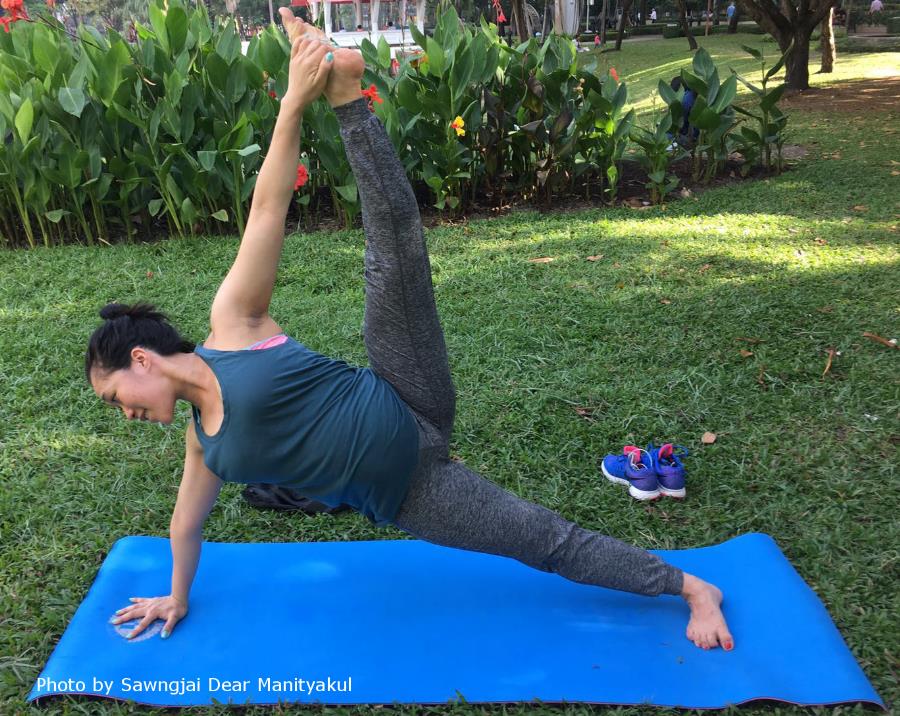
Getting Exercise Into Your Life – Part 2: Staying Active During Pregnancy
Many women are hesitant about exercising while pregnant due to concern over the risks. Research has shown, however, that exercise is actually safe and beneficial for both the mother and baby. It does not increase your risk of miscarriage, low birth weight, or early delivery. In fact, as long as you feel fine, you can exercise as early as you want and as far along as you want during your pregnancy. That said, you should always consult with a health care professional before you start or continue to exercise.
Benefits of Exercising During Pregnancy
Regular exercise can reduce the risk of pregnancy complications, including gestational diabetes and preeclampsia. Exercise has also been linked to lower rates of caesareans and other medical interventions, and greater chances of an easier delivery.
Exercise can also make a pregnancy more comfortable. Mothers who exercise tend to:
- Have better posture due to increased abdominal and upper body strength
- Less back pain
- Be less likely to have varicose veins due to improved circulation
- Experience less constipation, bloating and swelling
Moms who exercise regularly while pregnant also tend to have an easier time returning to a healthy body weight after pregnancy. And of course exercise can reduce stress levels and can give you a boost of endorphins, which are great for both mommies and babies!
Exercises Ideal for Pregnant Women
Activities that are ideal for pregnant women include:
- Walking, particularly brisk walking – it works out your whole body yet is easy on your joints and muscles.
- Swimming and water workouts – in addition to being a great way to work out your whole body, it can be a great option for those with low back pain as water increases your buoyancy.
- Cycling – while your belly is small, using a standard bicycle is usually safe, especially if you already cycle regularly. Once your belly is larger, your balance might be affected so a stationary bicycle might be more appropriate.
- Pre-natal yoga and pilates – yoga improves flexibility, reduces stress levels, increases body awareness, and encourages focused breathing.
Women who are experienced runners, joggers, or racquet-sports players may be able to continue with these activities during pregnancy. Simply consult with a health care professional before continuing with these activities.
If you experience any of the symptoms or signs below, you should stop exercising and consult with your health care provider:
- Bleeding from the vagina
- Feeling dizzy or faint
- Shortness of breath before starting exercise
- Chest pain
- Headache
- Muscle weakness
- Calf pain or swelling
- Regular, painful contractions of the uterus
- Fluid leaking from the vagina
